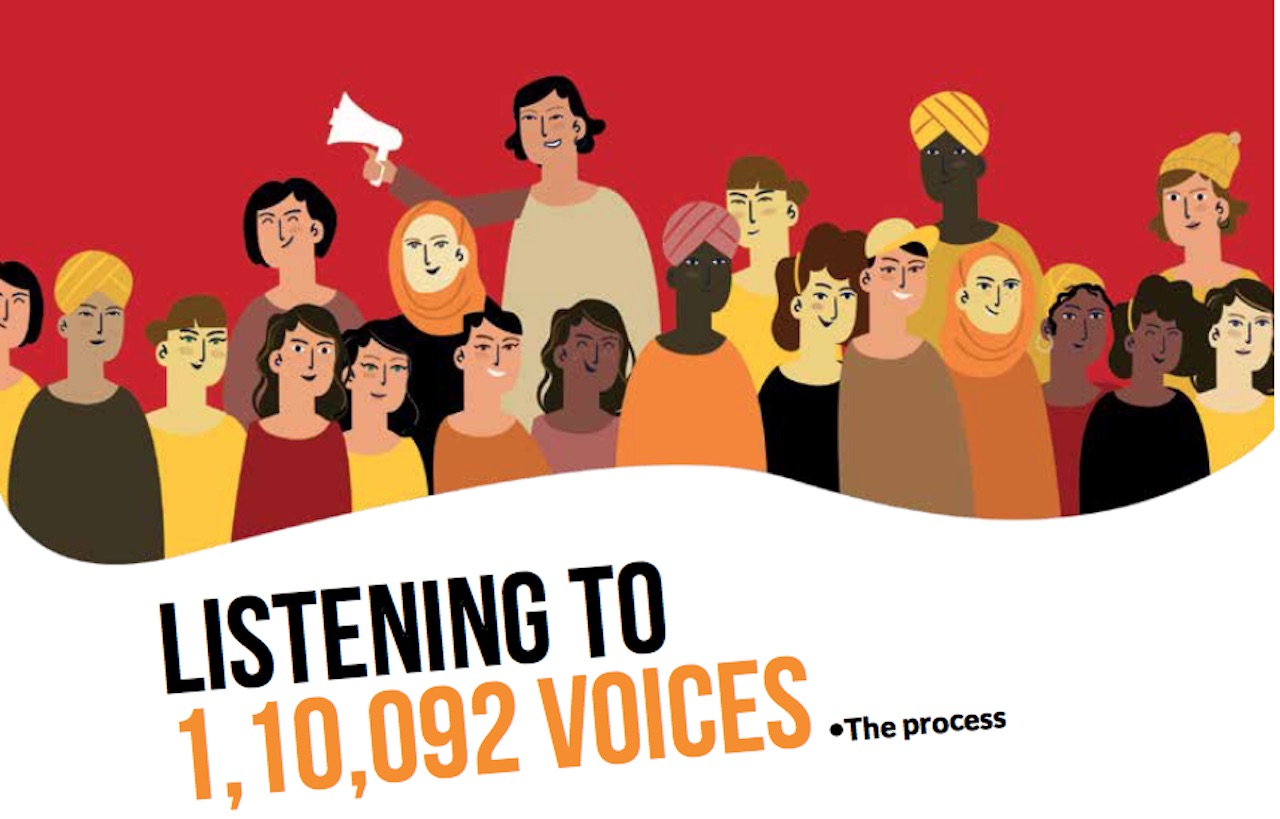Once Upon a Time: The Keys to Romance
By Tanya Vasunia
It is through our relationships that we evolve and thrive as human beings. The last ten years have seen considerable changes in the inter-personal relationship landscape, with the boom of telecommunication services and internet connectivity. As such, the role of relationships in our lives has transformed to suit the 21st century.
But some things don’t change. A good relationship relies on three fundamental things apart from love: good communication, quality time, and self-awareness.
Communication is the mantra chanted repeatedly to make a relationship flower. However, what people tend to forget is that what and how you communicate is the most important, not just that you do.
ALSO READ: LOVE AND US: A GENERATION OF SCAREDY CATS
A 45 year old woman — let’s call her Reena – tells us about her partner, Santosh* (name changed). Santosh gets very paranoid, she says, when she doesn’t answer his WhatsApp messages. “Within five minutes I get a call asking what is going on,” she tells me. The kids and Reena* joke that his phone is stuck to his hand with super glue! He’s constantly on his phone, and even when they do go out, Reena says he is more comfortable talking on his phone than he is in person.
When Reena and Santosh came to me, Santosh genuinely believed that he was great at communicating. He found it difficult to understand why Reena felt like he never spoke to her and the kids. Santosh and Reena have a typical 21st century adult relationship concern, where they may be constantly in contact, but are not actively and effectively communicating.
As the internet provides a certain sense of anonymity and a platform for non-face to face communication it becomes easier and less intimidating for many, and instead of being an add-on to the traditional modes of communication, it is now a replacement. Though communicating via text can be quicker we can miss out on important characteristics of communication like tone, body language and facial expressions.
ALSO READ: RELATIONSHIPS 101: WHAT WE NEED TO KNOW
A 33 year old man, Jimmy* tells me he and his girlfriend never get time together. She is constantly working and he says that if he asks her to take a break or go out with him, she finds it unreasonable, saying that she needs to think about the future. He’s left feeling ‘What is the point of money and success? At the cost of us?’ Jimmy and his girlfriend had been together for five years at this point. While Jimmy was not particularly ambitious, his girlfriend was. Clearly, Jimmy felt like he wasn’t a priority for her and this made him feel alone even though he was in a relationship.
The second fundamental prong to a healthy adult relationship is spending quality time together. It is important to keep your partner as one of your priorities; maybe not at all times, but at least for a significant time. Relationships require consistent effort and often when individuals get comfortable with one another they begin to take the other for granted. Creating time to communicate face to face is fundamental to making your partner feel valued. Spending quality time, over the quantity of time, is paramount. It’s these little things that matter.

But there is the other side of it. As psychologists, we see many adults who feel that after dating their partner they have lost their sense of self or their individuality. Funnily enough, I bet it was that sense of individuality that made it work in the first place.
A 28 year old tells me he didn’t even realise how he changed, how fast things changed. “We did everything together, we worked right next to each other and lived ten minutes away from each other. Things got serious very fast and I got so caught up I didn’t even realise I hadn’t spoken to friends in months. When things ended that was when I realised that I had no one,” he shared.
While being in an adult relationship is complicated at times, it can be toxic to lose your sense of self, and be so interdependent on each other. Not only will this eventually play havoc on your self-esteem and self-confidence, but it will also eventually have a negative impact on your relationship.
Giving your partner time is as important as is taking time and space yourself. It is only through self-reflection and understanding of yourself can you actually listen and give your partner quality time.
It is very natural to go through rough patches in a relationship, but it is when patches become patterns that you need to press pause, re-evaluate your behaviours and ideas, and perhaps change your approach to the concern. To repeat what cannot be said too many times, at the end of the day healthy relationships require Effective Communication, Quality Time, and Self-awareness. And of course, Love.
Incorporating these principles into your relationship will not guarantee you will never fight, but it does help you in keeping your relationship healthy and creating a safe environment for you and your partner.
*Name changed: All names of individuals have been altered to protect identities and maintain confidentiality.
About the author: Tanya Vasunia is a psychologist and outreach associate at MPower – The Centre. Her areas of interest include Gender Identity, Anxiety, Depression, Self- exploration and Sibling relations.
Material on The Health Collective cannot substitute for expert advice from a trained professional. If you would like to share your story, do write to us here or tweet us @healthcollectif




